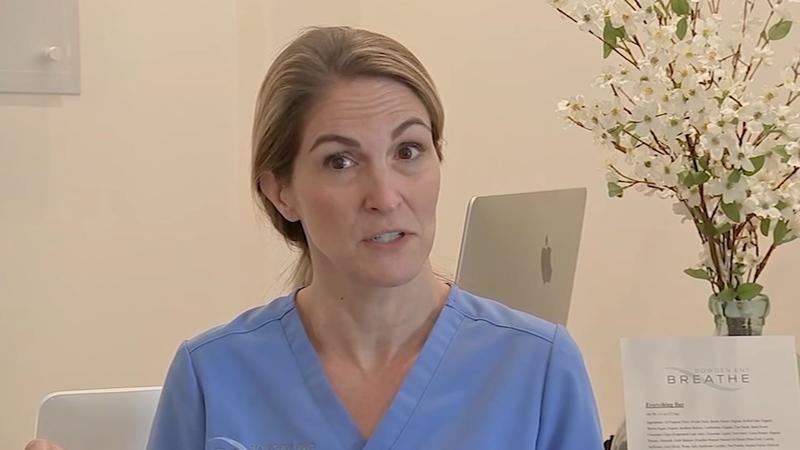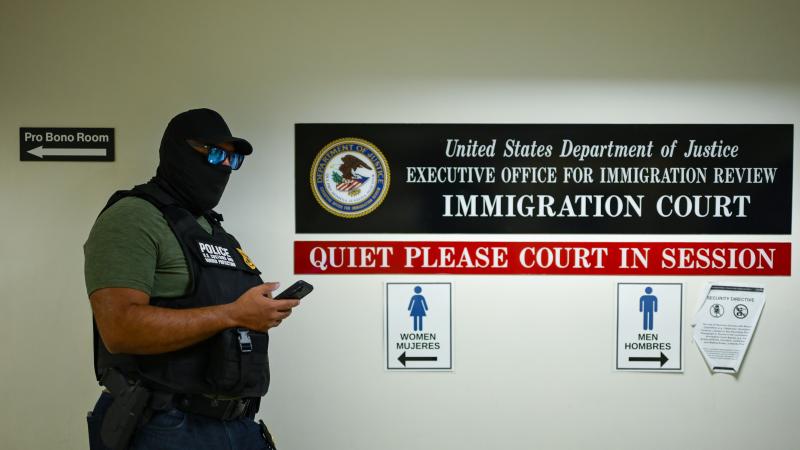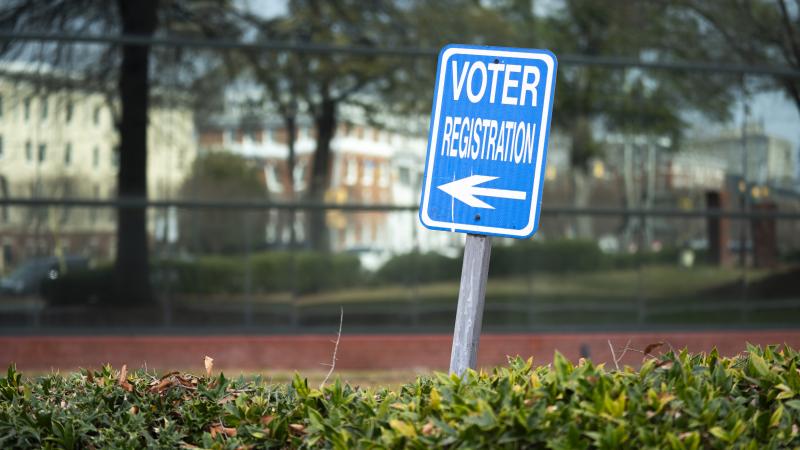COVID boosters increase 'influenza-like illness' risk, Swiss study finds, as feds cling to mRNA
HHS reinstates vaccine safety task force apparently in response to looming lawsuit deadline by group Secretary Kennedy founded. NIH director says mRNA is "promising technology," denies mRNA vaccines caused "mass harm."
As the federal government yanks taxpayer money from mRNA vaccine development and finally convenes a vaccine safety task force after decades of allegedly flouting the National Childhood Vaccine Injury Act, stronger evidence has emerged that COVID-19 mRNA vaccines actually increase the risk of respiratory infections with each dose.
The study of 1,745 Swiss healthcare workers over several months in 2023 and 2024, published this month in the peer-reviewed Nature publication Communications Medicine, adds support to Cleveland Clinic research from 2022 on 51,000 employees that unexpectedly found "association of increased risk of COVID-19 with higher numbers of prior [mRNA] vaccine doses."
Those who recently got a COVID booster "were more likely to report symptoms" of influenza-like illnesses and take sick leave, while those who got seasonal flu vaccines were less likely to do so, according to the SURPRISE+ Study Group, a research collaborative that studies health outcomes in healthcare workers. (COVID testing had been phased out by then.)
"These findings suggest that COVID-19 boosters may not offer clear short-term benefits in a post-pandemic setting, and may even increase short-term illness risk," the study says, cautioning that routinely boosting this low-risk group of "young to middle-aged, healthy individuals" may not clear a risk-benefit threshold.
Its benign finding for flu vaccination may be at odds with much larger Cleveland Clinic research from this spring, however, which found this season's flu vaccine made infection substantially more likely than not getting jabbed, though the SURPRISE+ Study Group reviewed the 2023-2024 formulation. (Flu vaccine effectiveness can swing wildly by season.)
The Department of Health and Human Services on Thursday announced its reinstatement of the Task Force on Safer Childhood Vaccines without noting what apparently prompted it: a lawsuit against Secretary Robert F. Kennedy Jr., for not establishing the task force, sponsored by the group he founded, Children's Health Defense.
HHS said it will be represented by "senior leadership" from the National Institutes of Health, the Food and Drug Administration and the Centers for Disease Control and Prevention, with NIH Director Jay Bhattacharya serving as chairman. The task force will update Congress every two years on its work.
Those match the statutory requirements in the 1986 vaccine injury law that Kennedy and all of his predecessors allegedly flouted, as laid out in the May lawsuit by a private attorney, with CHD unmasking itself three weeks ago as the sponsor and saying Kennedy "FAILED."
CHD took credit for the HHS change, which it said happened one day before Kennedy's deadline to respond to the lawsuit in court. "It took nearly 30 years for HHS to do this, but at last, we have an HHS secretary who is following the law on this vital issue," the group said.
"The association is stronger with a more recent timing" of vaccination
The Swiss study improves on prior research that found an association between doses and reinfection by virtue of its highly granular data, including by matching comorbidities in the jabbed with the unvaccinated and nailing down inoculation dates, according to former New York Times drug industry reporter Alex Berenson.
While the predominantly Cantonal Hospital St. Gallen researchers found the heightened risk of infection ebbs over time, that provides "further evidence the shots themselves, not some hidden statistical factor, are increasing it," Berenson wrote in his newsletter.
Participants were recruited from nine healthcare networks in Switzerland and followed since August 2020. A month before the "high" COVID transmission study period of October 2023 to May 2024, everyone provided "baseline data (i.e., age, sex, health determinants, occupational and social life factors)" and history of COVID infections, the study says.
They were tested for SARS-CoV-2 "anti-spike" antibodies, from vaccination, and "anti-nucleosid" antibodies, from natural infection.
The researchers gave participants "weekly follow-up questionnaires" about "22 respiratory, gastrointestinal and general symptoms" they may have suffered with a "new occurrence in the preceding 7 days," how many days of work they missed attributable to those symptoms and whether and which COVID or flu vaccine they had taken.
Those who received a single booster were 56% more likely to have influenza-like infections, and two boosters, 70% more likely, the researchers found. The majority of the 1,745 healthcare workers – those who filled out at least half of the survey, with a median age 46 and 82% female – had one booster, while the smallest group (10%) was unvaccinated.
"For influenza-like respiratory illness, the association is stronger with a more recent timing of the vaccination rather than the number of vaccinations, which suggests that the effect wanes over time," the researchers said.
The new research further strengthens questions about the merit of mRNA research pioneers receiving the Nobel Prize in Medicine, the value proposition of COVID vaccines, reliability of the mRNA platform for developing future vaccines and ultimately the first-term Trump administration's Operation Warp Speed.
The CDC director behind OWS, Robert Redfield, last fall questioned the purity of the vaccines and the utility of the mRNA platform for safe vaccine development, without disavowing OWS itself. CDC and FDA advisers recently connected early mRNA vaccination to increases in lost pregnancies.
But congressional Republicans continue issuing paeans to the rushed vaccine development effort in a presidential election year, and NIH Director Bhattacharya echoed them in a Washington Post op-ed Tuesday defending its cancellation of $500 million in contracts for mRNA vaccine development.
He called OWS "very successful" and the mRNA platform a "promising technology" that "may yet deliver breakthroughs in treating diseases such as cancer," but blamed the Biden administration for mismanaging public trust through a "strategy of mandates rather than a risk-based approach" and waving off "growing concerns" about safety and efficacy.
Bhattacharya acknowledged the scientific community lacks "an exact understanding of dosage, biodistribution and off-target effects" from mRNA technology, echoing recent German research on clutter in heart cells, while denying mRNA vaccines caused either "mass harm" or saved 14 million lives, claims that are based on "speculative modeling."
The op-ed is behind a paywall but vocal Bhattacharya critic Shannon Joy posted the full text on X.
The Facts Inside Our Reporter's Notebook
Links
- yanks taxpayer money from mRNA vaccine development
- convenes a vaccine safety task force
- Communications Medicine
- Cleveland Clinic research from 2022
- much larger Cleveland Clinic research
- Flu vaccine effectiveness can swing wildly
- announced its reinstatement
- sponsored by the group he founded, Children's Health Defense
- CHD took credit for the HHS change
- Alex Berenson
- mRNA research pioneers receiving the Nobel Prize
- questioned the purity of the vaccines
- early mRNA vaccination to increases in lost pregnancies
- congressional Republicans continue issuing paeans
- Washington Post op-ed
- recent German research on clutter in heart cells
- Shannon Joy posted the full text














